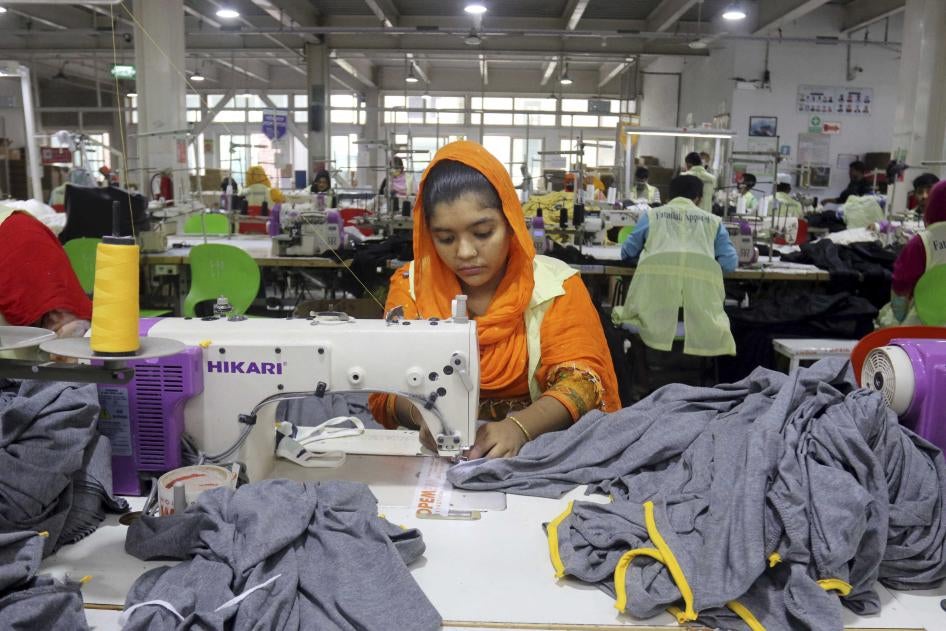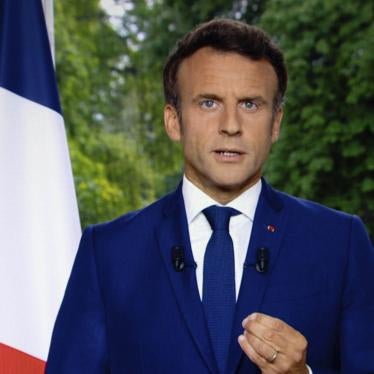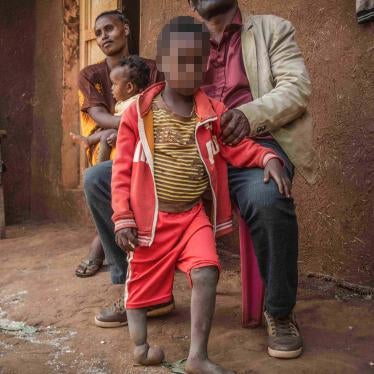The Supply Chain Act has just come into force in Germany—an important step towards protecting human rights in global supply chains. But the law has one crucial weakness: it lacks a provision that holds companies liable for human rights violations caused by their failure to comply with their due diligence obligations.
The planned European Union supply chain law, which will enter the decisive phase of negotiations in 2023, should, according to the EU Commission's draft, go further and make companies liable for human rights violations. But Germany, of all countries, is lobbying to water it down. Indeed, the German government is arguing that companies that are certified should be exempt from liability for negligence.
Social audits, verifications, and certification systems have proliferated in recent decades; however, it has been shown time and again that audits for certifications can sometimes overlook or disregard serious problems. Thus, companies can adorn themselves with certifications and seals even though they behave negligently or irresponsibly.
A case from Brazil illustrates this: On January 25, 2019, the dam of an iron ore mine in Brumadinho burst, and several million cubic meters of toxic mine sludge killed at least 270 people. Just four months earlier, the Brazilian subsidiary of German certifier TÜV SÜD had declared the dam stable. The mining company had pressured auditors to certify the dam's safety despite obvious risks, an investigation by Brazil's Congress has found.
At the end of 2022, the European Union Council of Ministers agreed on common positions for the EU supply chain law. Germany had lobbied in advance for a "safe harbor" clause. This would weaken civil liability for companies if they participated in voluntary sector or industry initiatives. The proposal met with little approval from other EU states and was rejected.
But this does not mean the issue is off the table: in a confidential memo, the German government has noted that it is sticking to its demand and intends to withhold approval of the law in the crucial negotiations at the end of the EU legislative process, unless it includes a "safe harbor" provision. In doing so, the German government is putting the interests of companies ahead of those of victims whose rights have been violated along global supply chains, and is breaking its word with the coalition agreement's commitment to an effective supply chain law.
Civil liability is an important means by which victims can seek redress in national courts in Europe and prevent disasters like the one that occurred in Brazil. But it must also apply to companies that are audited and certified. Audits often have massive shortcomings: they are carried out within a few days, are often superficial, and do not give the opportunity for in-depth investigations or confidential contact with those affected.
When companies pay for the audits themselves, there is a tendency for "well-meaning" auditors to get the job; in some cases, companies have pushed for audit reports to be glossed over and for information about corporate misconduct to be omitted. Hundreds of people have died in preventable disasters at workplaces where social audits and certifications had previously taken place.
The dam burst at Brumadinho in Brazil is just one example. A factory fire at Ali Enterprises in Pakistan in 2012 and the collapse of the Rana Plaza building in Bangladesh in 2013 are other examples of devastating tragedies at sites that had been audited or certified.
Child labor and other serious human rights abuses also often go undetected by audits—in part because audits are often only a few days long. Globally, 160 million children work, including 70 million in extremely hazardous conditions, the so-called worst forms of child labor. For example, in Zimbabwe, where Human Rights Watch research in 2018 found child labor and other human rights abuses on tobacco farms, multinational tobacco companies were relying on very brief and superficial on-site human rights assessments.
In the gold industry, gold refiners have been certified for their human rights due diligence efforts despite sourcing gold from mines in Ghana, without any assessment of the risk of child labor, which is widespread there.
We need a robust European supply chain law that requires companies to respect human rights along their entire supply chain, and holds them accountable if they fail to meet this responsibility. An effective liability regime is necessary.
Germany should face up to its special human rights responsibility as the largest economy in the EU and lobby Brussels for a law that helps victims of human rights violations in global supply chains to assert their rights.










